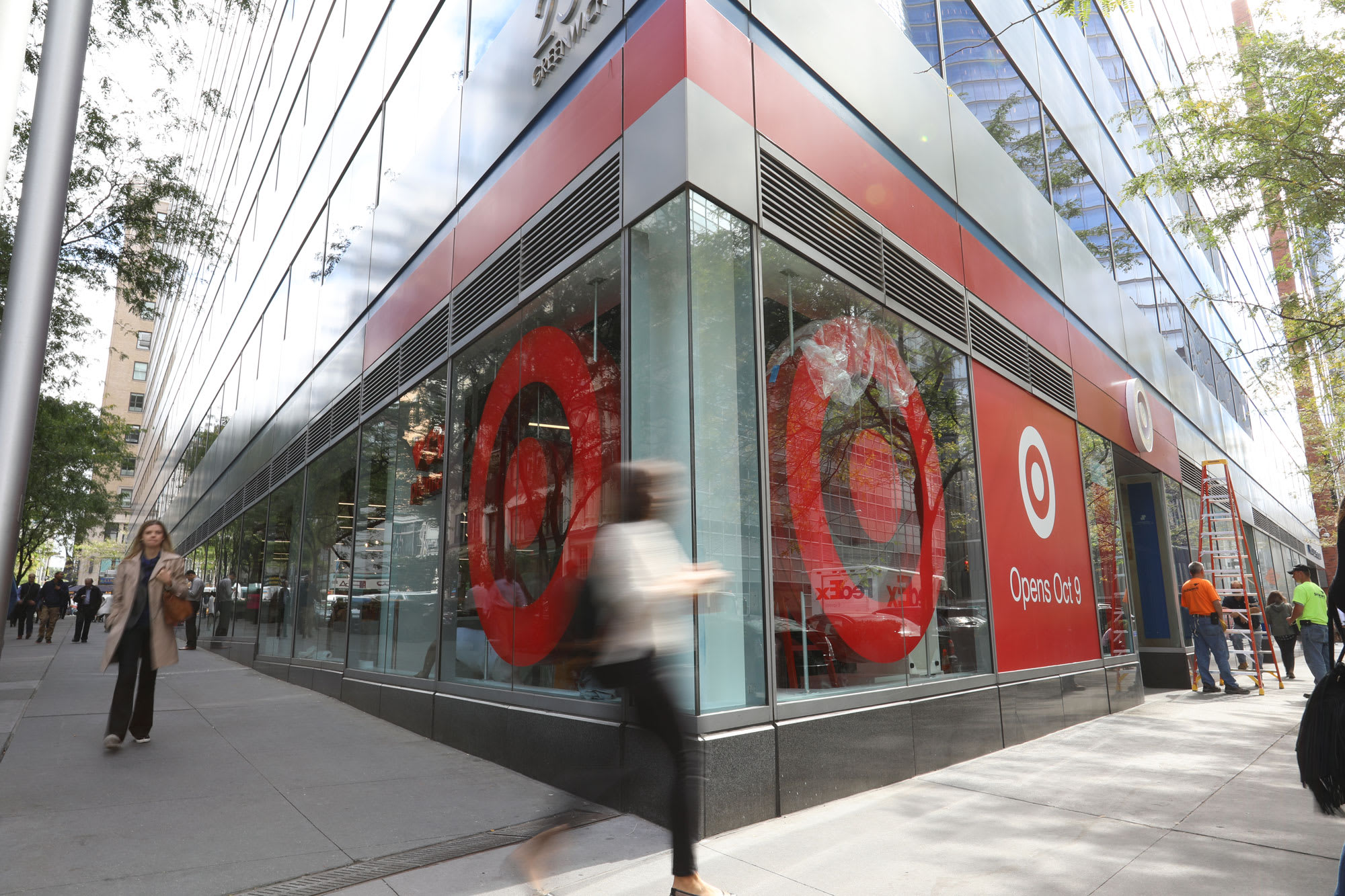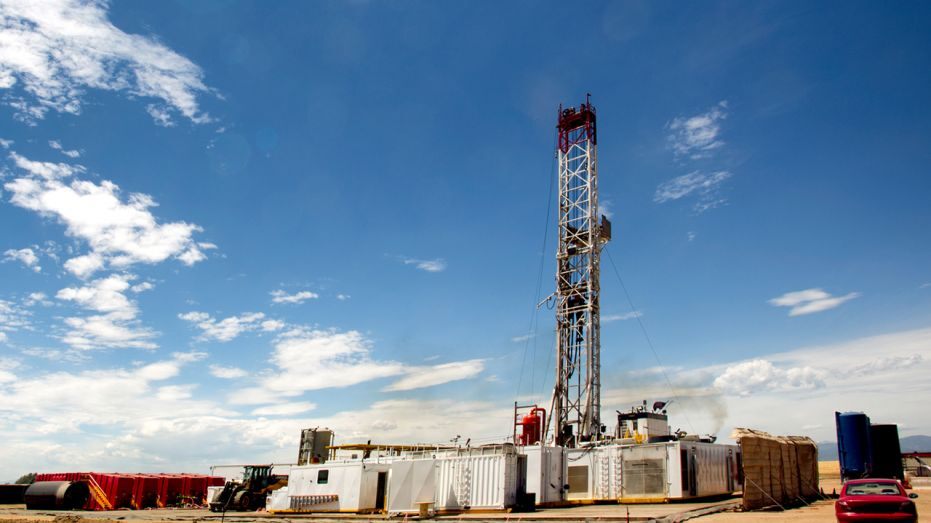
Target is putting some of its ambitious growth plans on hold as it focuses on the day-to-day realities of dealing with coronavirus outbreak.
The company will put on hold plans to remodel hundreds of stores, postponing openings of new stores and delaying the addition of fresh groceries and beer to curbside pickup.
Instead, Target CEO Brian Cornell said the retailer will focus on a singular mission: Providing food, medicine, and other essential items during the coronavirus pandemic.
Cornell said Target will minimize disruptions by wrapping up remodels already underway, but won’t start new ones. It now plans to complete about 130 remodels in 2020, down from plans for about 300. It will open 15 to 20 new small-format stores, designed for dense city neighborhoods, rather than the 36 it expected. It will delay the remodels and store openings until 2021 and put its addition of alcohol and fresh grocery items to pickup and drive up services on hold.
The company announced those goals and its forecast for the year about three weeks ago at an investor meeting. It cancelled the in-person part of the gathering, which was planned for New York City, as the coronavirus outbreak became more severe.
In a media call, Cornell said the company is committed to supporting employees and making sure stores are “safe and reliable points of continuity for our guests as they cope with all the uncertainties of the situation.”
He said Target is withdrawing its guidance for the first quarter and fiscal year because of the unpredictable business climate.
“It’s safe to say that sitting here today, America is largely out of business as many industries have idled capacity, as consumers are staying at home, working from home. Schools are closed,” he said. “It’s a very unique environment that none of us have seen before, and there is no playbook for how to react in this environment. We’re writing the script each and every day.”
The Minneapolis-based retailer is one of the companies that has seen a surge of shoppers. Like Walmart, Kroger and other grocery chains, customers have come to Target to stock up cleaning products, toilet paper and pantry items, such as boxes of pasta and cans of soup. Unlike other big-box retailers and grocers, however, Target is known for its mix of items, from bags of chips to home decor and clothing from proprietary fashion brands, and it has not announced plans to hire thousands of new workers for stores and distribution centers to keep up with demand.
Cornell said Target has not changed the pace of its hiring — but said Shipt, an online grocery service that it acquired in 2017, has hired thousands of shoppers. He said Target has seen a noticeable increase in purchases of groceries and essentials, but said sales of higher-margin items like apparel and accessories have gone down.
Target expects to have more than $300 million of additional costs in the first quarter because of employee wage hikes and bonuses, increased merchandise in its supply chain and reduction of store hours to allow more cleaning during the pandemic.
So far, he said the first quarter that began Feb. 2 has had “three distinct chapters:” In the first three weeks, Target’s sales and mix of products sold matched expectations. In late February and early March, it saw a spike in traffic — causing sales to increase by 3.8% at stores open more than 12 months. In March, the retailer saw even higher traffic and sales, but they skewed heavily towards lower-margin purchases like food and beverage and essentials.
Target’s comparable sales thus far in March have been up more than 20% over last year. They’re up more than 50% in the essentials and food and beverage categories and down more than 20% in apparel and accessories.
Cornell said the company has seen growth in sales of office supplies, kids’ crafts items, games and small kitchen appliances that people use as they work from home, cook more meals and stay indoors. He said Target is trying to figure out how the coronavirus may change customers’ shopping habits in the coming weeks and months — and if it could alter their patterns long-term.
“We’ll watch the dynamics over time,” he said. “We’re probably selling a lot more leisurewear and performance and sleepwear than we are some of the style categories because consumers are spending more time at home.”
Target is changing some store operations and policies to minimize risk for customers and employees. Stores will wipe down checklanes after each customer transaction and rotate use of them to allow deep cleaning. They’ll stop accepting any returns or exchanges until April 16, but extend the company’s return policy to three weeks after that. New signs and floor signage — and dedicated staff members near registers — will remind customers to stay six feet apart.
Starting March 26, employees will stop handling or selling reusable bags. If customers want to use them, they can bag their own items.
Stores will expand dedicated shopping time for customers over age 65, pregnant or with an underlying medical condition to two days: the first hour of every Tuesday and Wednesday morning.
Last week, Target said it would increase the pay of store and distribution center employees by $2 an hour until at least May 2 and give bonuses of $250 to $1,500 to 20,000 hourly employees who oversee store departments. It said it would also give paid leave for up to 30 days to employees who are 65 or older, pregnant or with underlying medical conditions, if they prefer not to work.
Cornell said it’s added a new way to thank its workforce: Employees can shop for their own families before stores open three days a week.

